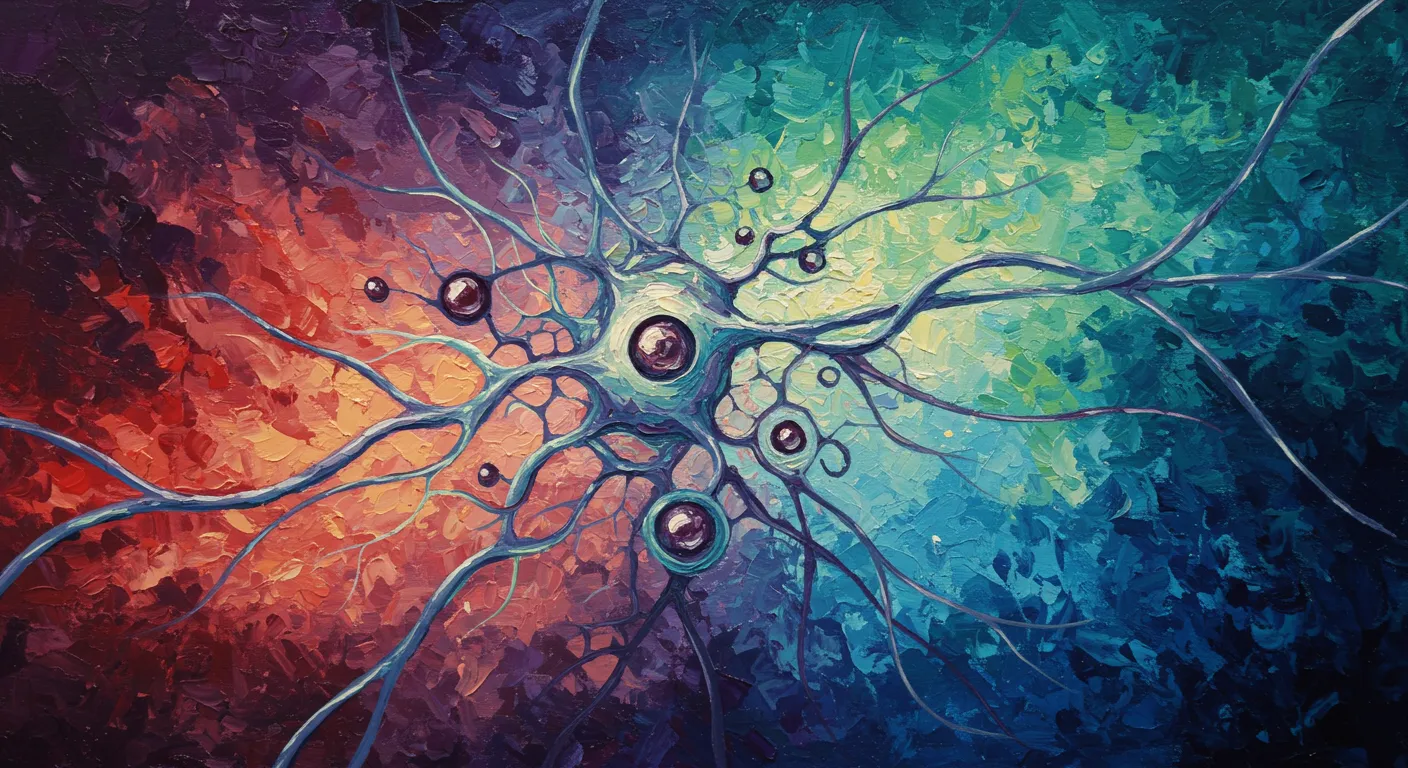In a provocative development at the intersection of technology and criminal justice, Indian law enforcement is turning to neuroscientific techniques that promise to peek inside suspects' minds—a practice that's sparking intense debate about privacy, consent, and the limits of forensic science.
Online commentators are divided on the merits of brain mapping technology, which purports to detect criminal knowledge by analyzing neural responses. Proponents argue it offers a more objective approach to investigation, potentially reducing human bias and wrongful convictions. Critics, however, warn of significant ethical and scientific pitfalls.
Neuroscientists have been particularly vocal in their skepticism, challenging the reliability and fundamental premise of these brain scan methods. They argue that interpreting brain activity as definitive proof of guilt oversimplifies the complex nature of human cognition and memory.
The technology, which involves measuring brain responses to specific stimuli related to a crime, has already begun spreading beyond India's borders. This global interest suggests a growing appetite for technological solutions to criminal investigations, despite mounting scientific reservations.
As the debate continues, the core question remains: Can we truly "read" a person's mind, or are we entering dangerous territory that fundamentally challenges principles of individual rights and scientific integrity?


